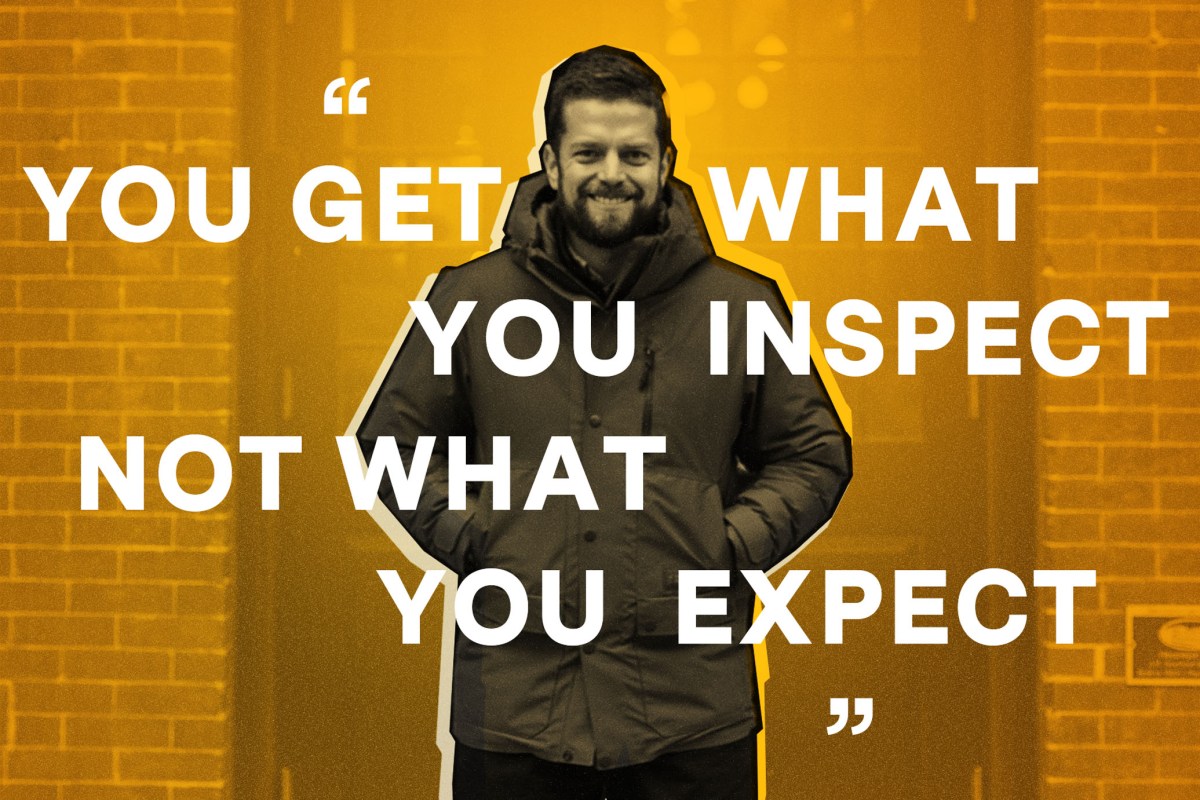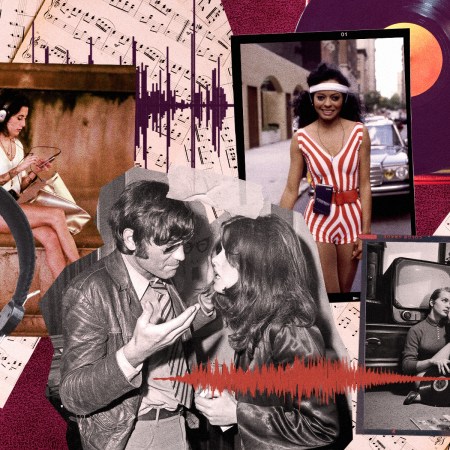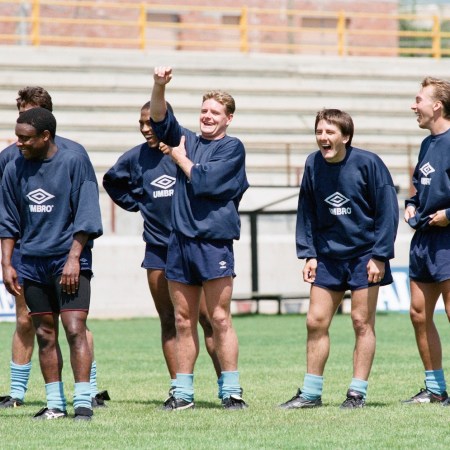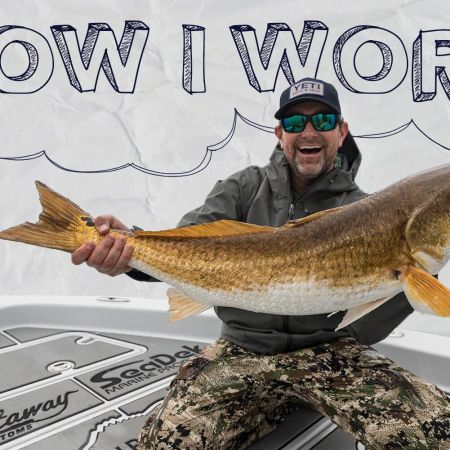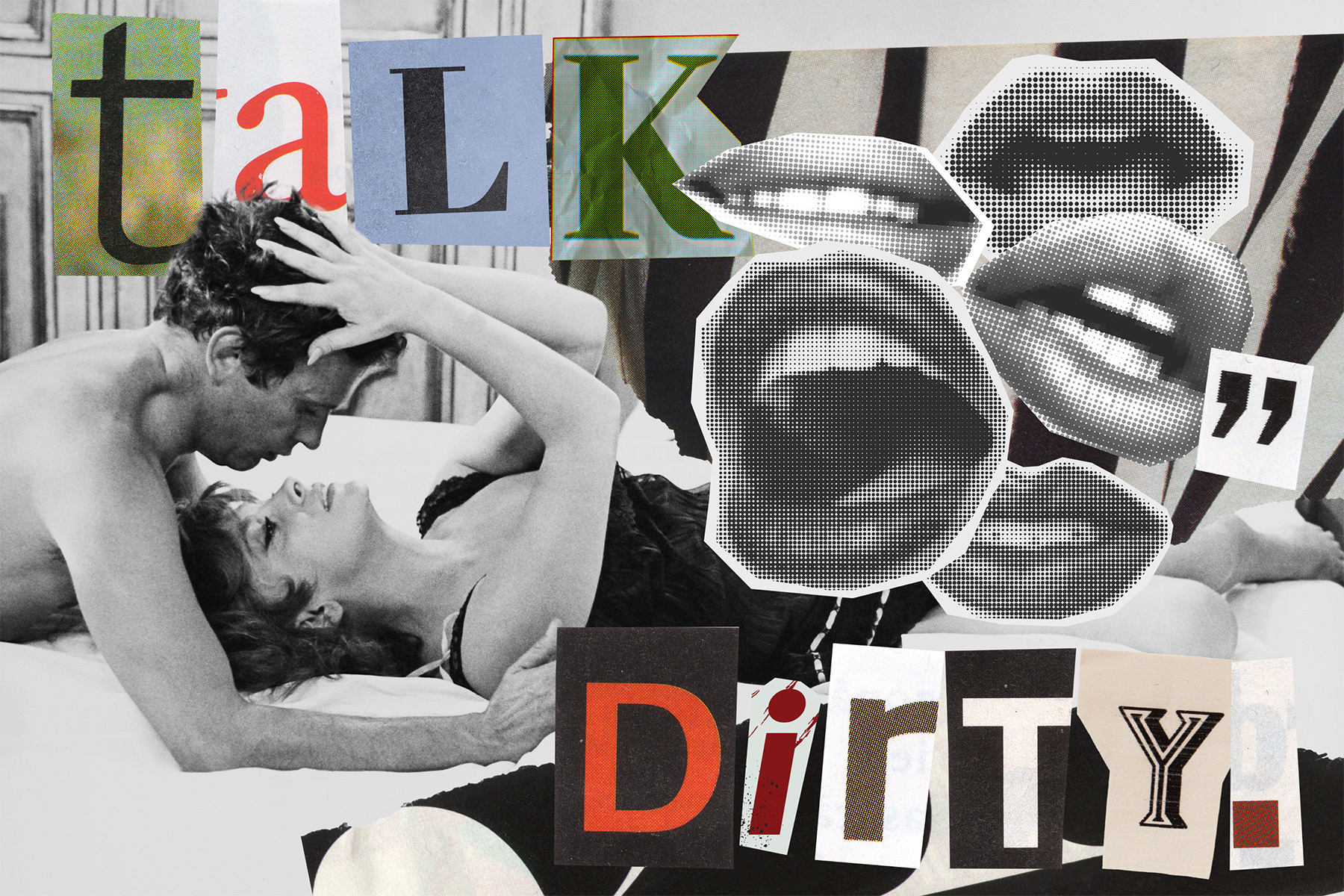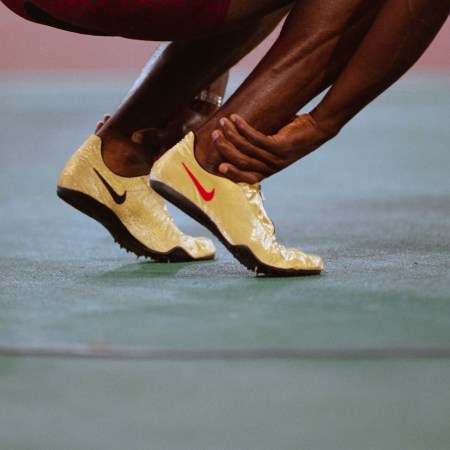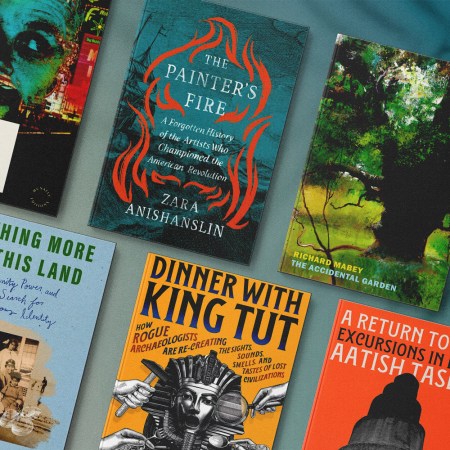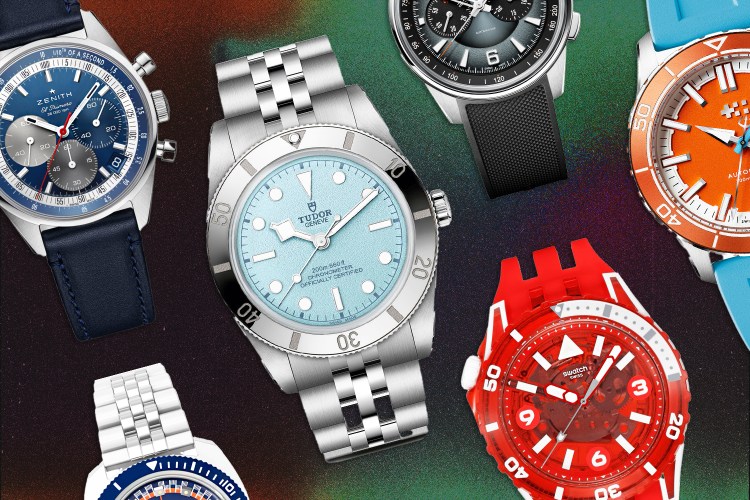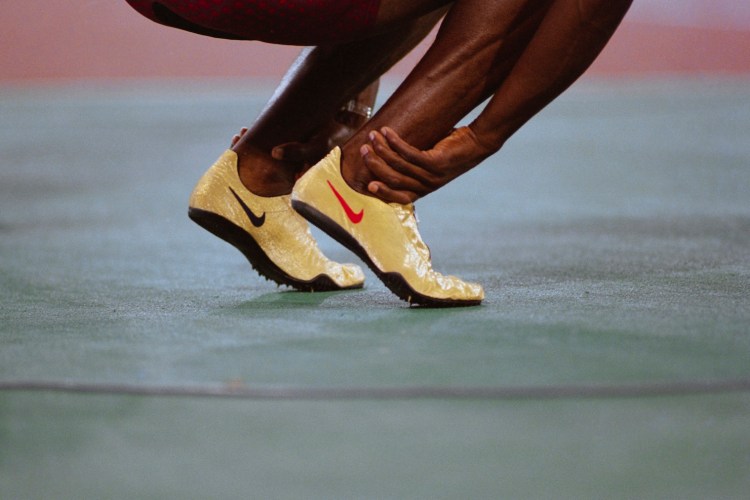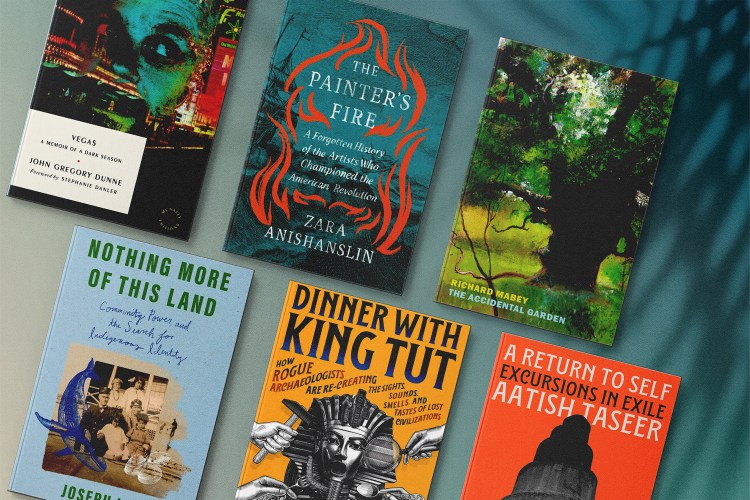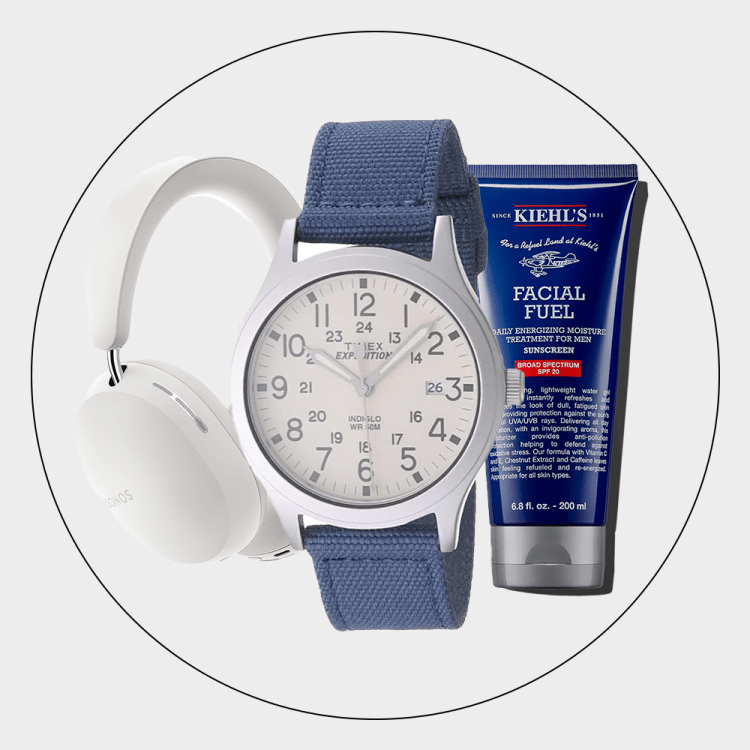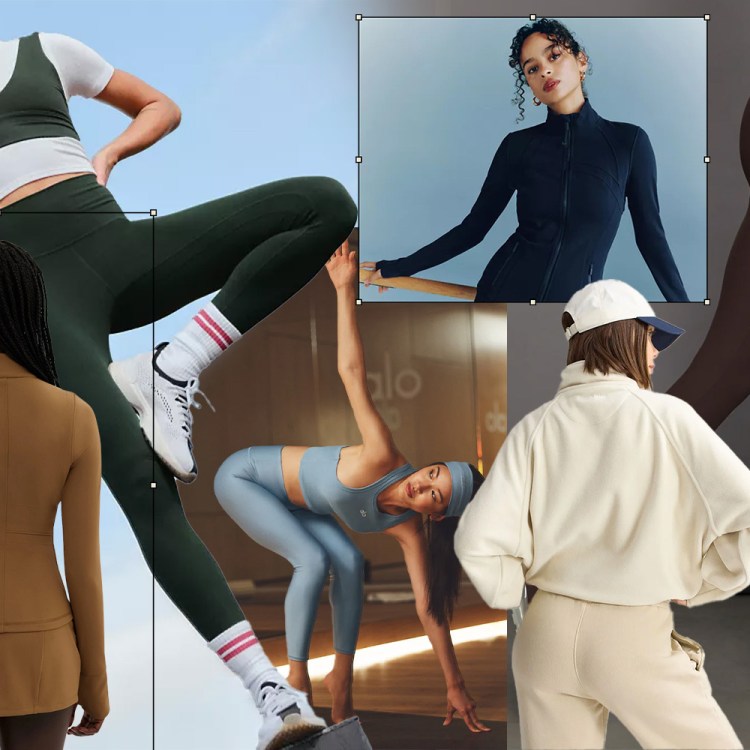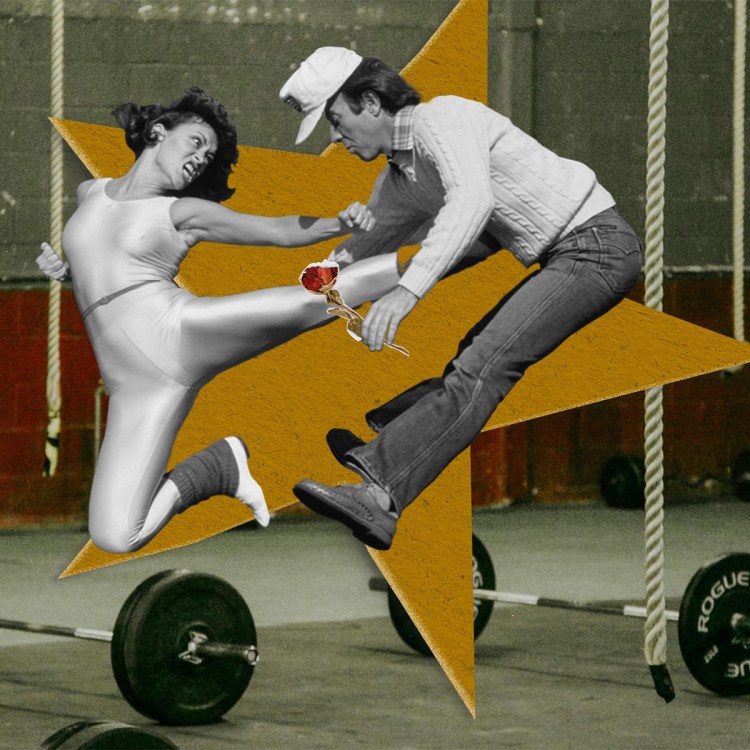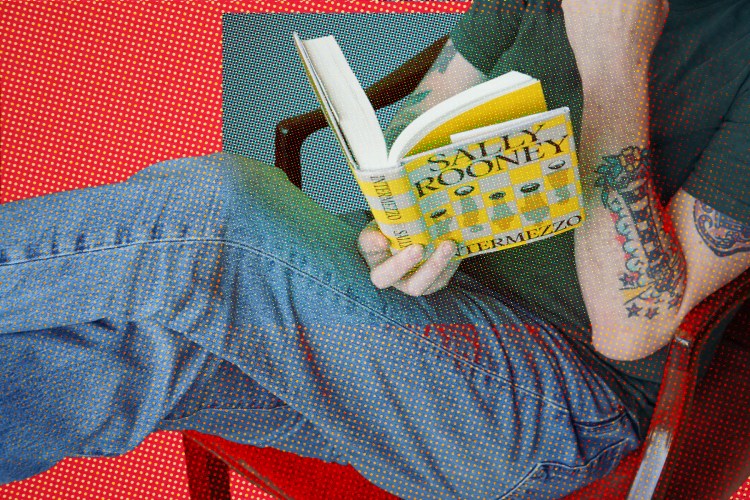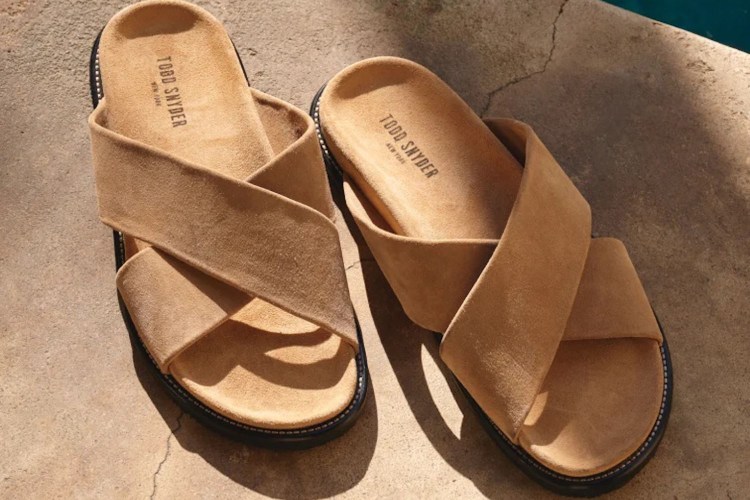This is Work in Progress, a series in which InsideHook details the work routines of the most interesting and successful people we know — from finance to fashion, tech to transportation — to understand how, exactly, they do it all.
For much of his professional career, Eric Dayton has been a Minnesota man looking to serve Minnesotans. In 2011, he started a hospitality business with his brother Andrew that includes Nordic-inspired Minneapolis restaurant the Bachelor Farmer and cocktail-slinging speakeasy Marvel Bar, both of which have been recognized by the James Beard Foundation (and appear on just about every top 10 list of drinking and dining in the Twin Cities). In the same year, he co-founded Askov Finlayson.
Askov Finlayson started as a local menswear outpost offering far-flung brands that weren’t available elsewhere in the city. Then in 2013, they started selling their own line of clothes, including winter beanies emblazoned with the word “North” that Dayton thought of as a “supporting player” in the line. But those little hats sparked a rebranding of Minnesota that almost led all the way to the Super Bowl. Then this month, after closing down for months, Dayton reopened Askov — no longer a menswear shop — as the world’s first climate-positive outerwear brand.
Now, Dayton is a Minnesota man looking to serve the world. We caught up with him on the eve of the public launch of his reengineered, climate-conscious company and its flagship parka to talk about the one thing he keeps on his desk, the “Eisenhower Matrix” and the lessons he learned from his family, whose eponymous department stores became what is now Target.
After starting multiple companies with your brother, what advice do you have for those going into business with family?
The thing I always joked about working with my brother is we have 30+ years of fighting about stuff and getting over it. So even when we would disagree and have an argument about something that we both felt passionate about — we were still going to be brothers and so it was never like, oh, this is going to be the end of our partnership. The thing that was important was having clearly defined roles and figuring out what we were each good at and working on things that aligned with our strengths. Make sure that everyone has their role and their clear piece of it and you respect those lines and trust that if something’s their responsibility, they’re on it.
What’s the best business advice you’ve ever been given?
Our grandfather on our dad’s side, Bruce Dayton, used to say in his career, “You get what you inspect, not what you expect.” Every day I’m reminded how true that is. I’ve thought about having it painted on the wall in some big mural here. I’ll probably get around to it eventually, but I remind our team of that.
Do you have people asking you for advice now? What’s the business advice you find yourself giving?
I still feel like I’m very much learning. I don’t feel like I’m in a position to be teaching. But one piece of advice that I often share that’s not my own, it was my favorite professor in business school who would say this: “A crisis is a terrible thing to waste.” If I’m talking to someone who is experiencing a real struggle or things aren’t going well, that’s always the advice that comes to mind.
Who is your business icon?
Honestly, I would say my grandfather [Bruce Dayton]. Not just because he was successful and built something big and lasting, although that’s something I’m proud of. But just as important if not more important is how he did it, and the idea that you don’t have to choose between doing well and doing good, that you can do both and that they actually go hand-in-hand. He and his brothers back in the early ’70s, their company [the Dayton Corporation, along with 22 other Minnesota companies] came together and created what was then called the Five Percent Club. (It’s now called the Minnesota Keystone Program.) And the reason they called it that was they all committed to giving back five percent of their pre-tax profits back to the community. That was really the forefront of the idea of corporate citizenship, corporate responsibility and that idea started here and he was one of the leaders of it. That was pretty radical back then and even unpopular with some shareholders. To this day, Target gives back five percent of their profits, which now amounts to hundreds of millions of dollars a year.
How do you maintain a work-life balance?
This question is very timely. My wife is due with our third child next week. So this fall is not a lesson in how to maintain work-life balance. Don’t try to have a major product release and welcome a new child into the world in back-to-back weeks. My family is the bigger priority, no question. You have to maintain clarity around that, but I also work a lot. I try to make really efficient use of my time because I don’t have any to waste. Two or three years ago, I made a conscious choice to skew my day early so that I could have evenings at home with my boys. I realized I was only going to be able to spend mornings with them or evenings with them, and evenings were the time that I would cherish more. It was more valuable to be there with them for dinner and then to do bedtime, so I started getting up earlier and basically front-loaded my day in terms of work so I could then not have to stay too late. You just have to be intentional about it to make it work, but it’s always a challenge.
Speaking of front-loading the beginning of your day, what’s your morning routine like?
I make an espresso, I go to the gym before breakfast, I have breakfast and then I come to the office. The thing that I’ve found that makes the biggest difference for me is I try not to look at my phone until I’ve gotten to work. So I try to hold external stimuli at bay until I’ve set myself for the day. And then it’s like, “All right. Bring it on.” The one thing that helped with that is I went and got an alarm clock.
Yeah, I was going to ask.
Which is very funny. You can tell the alarm-clock market must have gotten very small, there aren’t that many options. But my wife and I, we have a rule, we don’t bring our phones into our bedroom. And I found that when I was using my phone as my alarm, you wake up, you turn it off and now your phone is in your hand and suddenly you’re swiped into whatever social media. So I highly recommend an alarm clock.
When you’re ready for the day and plugged in, are there any apps you swear by?
I don’t use a ton of apps, but someone put me on to Calm. I find it useful, especially at the end of the day, before bed for winding down after a busy, long, stressful day. So I’ve started playing around with that.
What are the organizational tools you use to help prioritize that work?
I mean, I’m pretty analog. I think the thing that I’m always trying, as I’m sure a lot of us are, to not let my inbox become my to-do list. I like lists, but again, that’s more analog.
So you’re a journal or notepad kind of person?
I’m not a journal person, but I have to-do lists that are prioritized and I go through those each week. But I’m not like a — what is it? The Bullet Journal? I actually like, and the name tells you how old it is, what’s called the Eisenhower Matrix. Basically, it’s a two-by-two grid of urgency and importance, with the squares marking urgent, not urgent, important, not important. You want to focus on the urgent and important things first, but then keep your time as much on the important side of things. It’s named after President Eisenhower because that was how he structured his thinking, because when there’s a lot of stuff flying at you, you need to bucket it and categorize it so that you aren’t just playing whack-a-mole — that’s how your time gets sucked up.
Related: Review: Testing Askov Finlayson’s Climate Positive Winter Parka
Is there anything you’ve implemented in the company as a whole, beyond your personal routine?
There’s a book called Traction that has this structure called EOS, Entrepreneurial Operating System. It’s a book that, after I read it, I started realizing or finding how many other people have read it and found it influential in how they run their businesses. It’s a fairly straightforward framework of how to think about running your business and setting priorities and goals and then holding yourself accountable. Again, it’s fairly analog. It’s not an app. But we found Traction to be really valuable in how we structure what we do here.
Besides that, are you reading anything right now?
Honestly, you know what, and I don’t know if this is embarrassing or not, but I read with my kids at bedtime. And the thing that I’m really excited to be reading right now, because it’s been a long time, is Calvin and Hobbes. I was actually thinking about this — I feel like Calvin and Hobbes maybe, in part, in addition to growing up in Minnesota, helped to influence my love of winter, because they’re always outside having adventures. Sledding and snowball fights and I don’t know …
Totally, they’re always having snowball fights …
Or sledding. They’re always flying through the air. I loved that comic and my dad read it to me when I was little, so we have this three volume box set anthology. My older son is six-and-a-half and I remember I tried reading it to him a year or two ago and he wasn’t quite getting it, or wasn’t really into it. I want to say he’s probably about Calvin’s age now, so he’s thinking it’s pretty fun … I guess I’m not embarrassed at all. I’m pretty excited about it.
What’s something unique on your desk?
My brother gave me this plaque. He has one too. Apparently Obama had this on his desk. But it just says, “Hard things are hard.” And if it’s good enough for Obama, it’s certainly good enough for me.
You’ve given a TED Talk, so do you have any public speaking tips from that experience?
I’m not a natural, comfortable public speaker so it was a challenge. I was nervous for, not exaggerating, like a month leading up to the day of my talk. Someone gave me good advice. I was trying to memorize my talk, because you don’t have notes, and a friend of mine who was more experienced at public speaking and presenting than I was said, “You have to memorize your talk but then you can’t try to deliver it from memory.” You want it to be like you’re telling a story, not trying to remember every word in the right sequence. So I committed it to memory and then got past the feeling of needing to deliver it from memory.
If someone is traveling through the Twin Cities, what’s the one place you’d recommend?
My thought as a neighborhood recommendation is the chicken wings at Monte Carlo. Monte Carlo is such a classic Minneapolis institution. And insider tip: If you ask for drumsticks only, they’ll give them to you.
Answers have been edited and condensed for length and clarity
Whether you’re looking to get into shape, or just get out of a funk, The Charge has got you covered. Sign up for our new wellness newsletter today.
